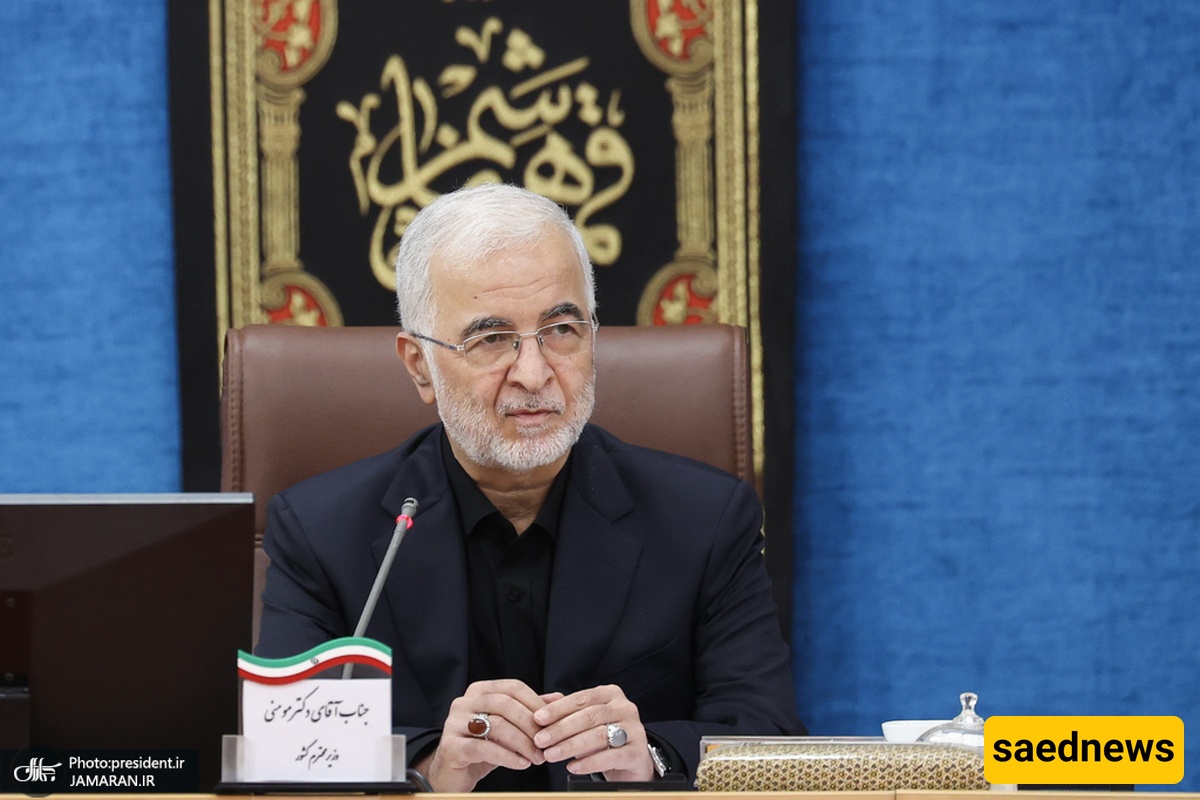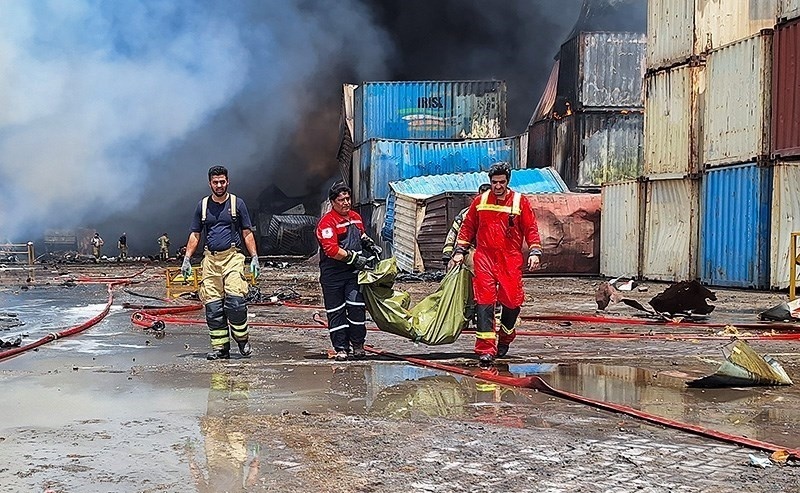SAEDNEWS: Iran’s Interior Minister, Eskandar Momeni, emphasized the need for preparedness and prioritization in crisis management following the 12-day war, warning of increasing natural disasters due to human impact on the environment.

According to Saed News quoting IRNA, Eskandar Momeni, speaking on Wednesday at the eighth meeting of the Crisis Management Headquarters of Greater Tehran, highlighted the round-the-clock efforts of forces during the 12-day war. He noted that all agencies, ministries, and service institutions stood alongside the people, made sacrifices, and shared the same hardships.

Referring to reports presented at the meeting, Momeni stressed that forecasting and assessment play a critical role in shaping actions. He said that Tehran has made progress in anticipating future conditions and assessing the current situation. “In crises, we must always prepare for the worst-case scenario, and such considerations have been taken into account,” he added.
Momeni pointed out the existing risks in Tehran, such as floods and earthquakes, stressing the need to prioritize projects based on available resources. “Our resources are limited and must be allocated according to priorities. For instance, the current situation of hospitals and medical centers is not satisfactory, and we need to focus on them according to their importance,” he said.
He extended special thanks to Tehran’s Fire Department for its courageous role in handling the fire incident on a ship at Shahid Rajaee Port, noting: “This incident could have turned into a major tragedy, but thanks to the timely and well-coordinated presence of the fire brigades from Tehran and neighboring provinces, it was effectively managed.”
The Interior Minister warned that natural disasters are on the rise due to human interventions in the environment. “We witnessed a new form of crisis during the 12-day imposed war as well. Therefore, preparedness must always be maintained, and necessary forecasts for various possibilities must be made,” he said.
He further stressed that the most important aspect of crisis management is forecasting, followed by planning for prevention. “Today’s session was largely focused on this issue. We hope that with proper planning, accurate forecasting, prioritization of resources, cooperation of all responsible institutions, and public participation, we will be prepared for all kinds of natural crises,” Momeni added.
The minister also referred to the government’s decision regarding the 12-day war, noting: “In a meeting chaired by the President, it was decided that the responsibility of compensating for the damages in Tehran would be assigned to the Municipality. We are grateful for their readiness to take on this responsibility. Crisis management in other parts of the country has been entrusted to the Ministry of Roads and Urban Development, the Housing Foundation, and provincial governors, who are working at full capacity.”

